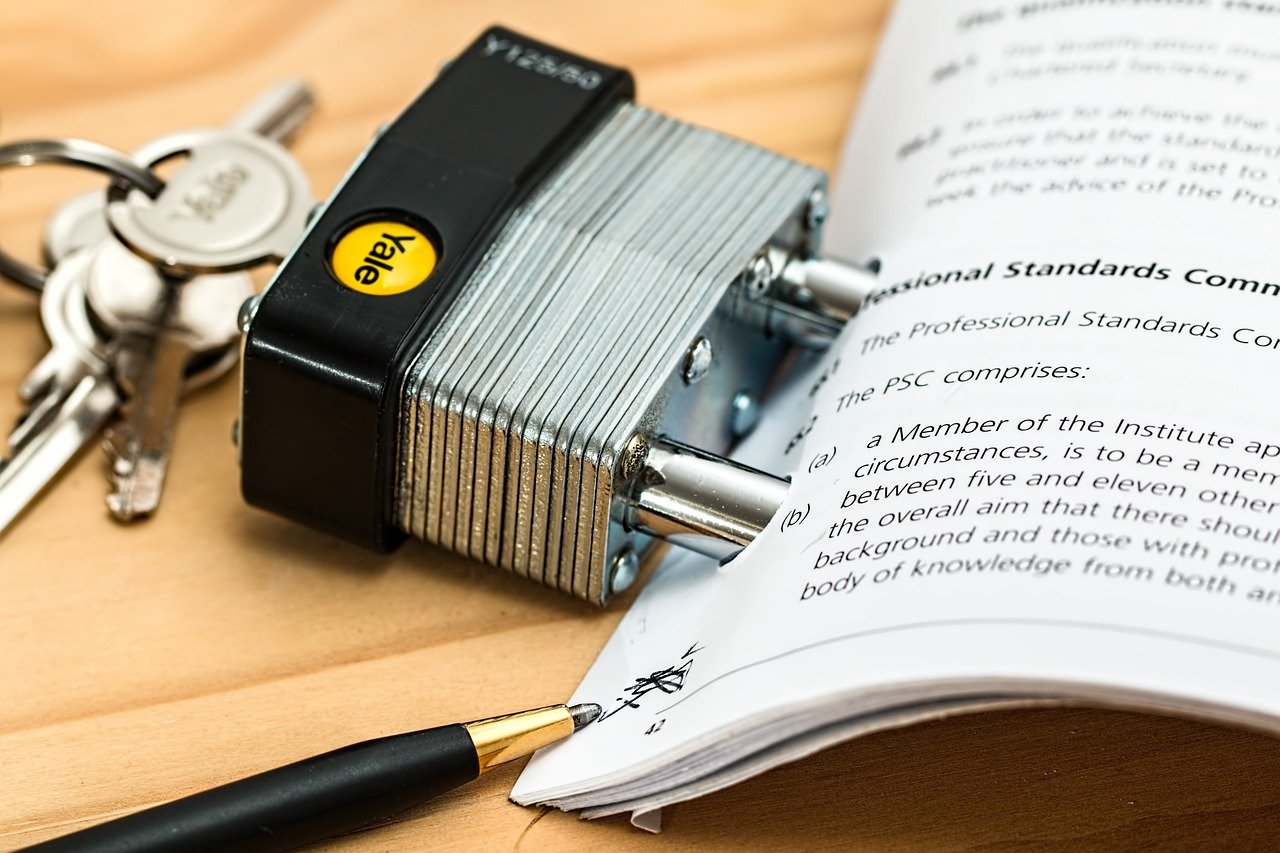“If you are a woman think of all those situations in which you have smiled and been polite to assuage a man — I don’t have that skill anymore.”
Dr Em has been banned from Medium. We are rehosting her articles here.
I wrote about my brain damage here.
Communicating and interacting with other people after brain damage is extremely difficult. I have spent over a decade learning how to give a good performance — to hide the problems I’m having. I find one of the only ways to get through life with my broken brain is to look for the silver linings so I will dig deep for the positives.
I often miss the mark, my words don’t accurately convey what I am trying to get across. I can miss words out — forgetting important parts — or skip over logic stages which would normally be there. I can use the wrong words, my aphasia means I can’t grasp what word it is I need. People with brain damage need a bit of help, but the help is specific. When others talk over me or interject to try and assist me in finding the word it can cause me to forget what I was trying to communicate in the first place. Another possible consequence is I am left a bundle of frustration. Have you ever been in a meeting where you can’t get a word in edge ways? This is what it is like daily in my world, one endless hostile meeting where words and ideas are jostling to get out. Thus, interjecting your own thoughts and words over mine is adding to the complication. The bright side here is that this shows the enthusiasm people in general have to help others, to help me communicate. It highlights the kindness people show when they think someone is struggling, they go above and beyond in a conversation. I’m also trying my best to configure it as a compliment when people don’t give me an inch of lee way as it shows my performance is convincing, they think all is fine and these difficulties don’t impact me. Yet when people project what they think I mean on to what I have said it silences me, and I have worked very hard to try and express myself. So, please, to make it easier on everyone, just ask for me to explain what I mean if you don’t understand, check with me if you think I have been unnecessarily mean or ask me to try using different words if I have not been clear. Sometimes it can come across as like a damn bursting, or like being hit with a verbal tidal wave. It can take me a long time to try and get complex ideas together and out verbally or on a page. Attempts at speed increase the mistakes I make. The silver lining to all this is that I am, however badly, communicating. Hurrah! There was a stage where doctors thought I would never communicate again, I was indeed ‘locked in’ for a while. To interact with people and the world, even though it is hard and sometimes gruelling, is infinitely better. Dr Em 1, Car Crash 1.
I do not understand social cues. Oh my this makes for a very awkward time. As I don’t understand it, I will leave it to outside experts to explain. ‘People who have trouble with social communication might have some or all of these characteristics:
· Their communication is confusing to others.
· When they talk, they may give too little or too much information.
· They might be disorganized.
· They might ramble and repeat themselves.
· They might not catch and correct errors they make when talking.
· They may not make sense.
· They may not stay on the topic.
· They may not give the listener enough detail.
· What they say may not be interesting.
· They may talk or process information too slowly.
· The other person may have to ask a lot of questions and do more than his or her share of “the work” to keep the conversation going.
· They may give more information than the other person wants to hear.
· They may not know how to use “clues” or “hints” from the other person. This includes things like gestures, eye contact, and emotions.
· They may not be able to tell if they are making the other person uncomfortable.
· They may fail to read the other person’s emotions. Is he sad? Is she angry? Is he in a hurry?
· They may not know what the other person is driving at; they may not know what the intent is or where the other person is coming from. For example, if someone found out that his best friend had just lost a job, he would talk one way. If he learned that the same friend had won the lottery, he would talk in a different way. And, if he saw a friend at a party he might talk differently than if he saw the same friend in a library’.1
What a long list of doom and gloom. What can I say, Dr Em 0, Car Crash 16.
I can’t lie, this can be brutal at times because of the amount of social lying that keeps relationships going forward, however, friends know that if they want an honest answer they can count on me. It also means that my compliments are not faked, are not faux self-serving gestures, I genuinely mean them. Each day I have with my husband a jokey ‘twat tally’, this is how many times I think I may have called someone a twat today. It is the word my brain has chosen and it just comes out. Have you ever thought ‘gosh, they are being a twat’ (or your word of choice) but not said it? Unluckily, my small, non-complex thoughts don’t remain cooped up inside me on this occasion. Sometimes I don’t even know I have said it, sometimes others can’t comprehend I have called them it as often I say it with a smiley, friendly face. This aspect of my disability has provided friends with much fun before, I was once termed ‘walking, talking karma’ and they would direct me at particularly obnoxious people at parties. Once at the gym after women in the class were struggling with a space invading creepy man we decided that they would herd the creepy man into my area — telling the truth and what you perceive about someone has its benefits for all. One conversation with me after he railroaded my personal space boundaries and poof the creepy man was gone. Nevertheless, it puts me at an increased risk of male violence. If you are a woman think of all those situations in which you have smiled and been polite to assuage a man — I don’t have that skill anymore. I cannot mitigate male tempers. I am unable to appease men with falsehoods. This is particularly frightening with the imposing of transengeder ideology, I’m not going to be able to lie and play act their fantasy and all evidence to date indicates that men who ‘transition’ do not lose their propensity for male-patterned violence.2 Furthermore, if telling the truth does become a hate crime I’m either going to end up in the dock or self-excluding from the public sphere.
I say what I want and how I think about things. I can’t talk around the subject or dress it up, there is no hinting or subtleties. This directness can be deemed rude, or because I’m a woman ‘aggressive’. This is one of the things I am trying to learn, how to be more tactile and acceptable. How to be a bit more pleasing. It is not going well. The amount of energy and brain power it takes to construct a sentence and then speak it or write it, putting the correct words in the correct order is an exhausting challenge, now I’m being asked to go round the houses with it. I truly do not have the energy. Michelle Munt, another brain damage survivor, explains eloquently the problem with cognitive fatigue here:
With regards to my directness and not bubble-wrapping my words, in general I have found that, like my feminism, men don’t like it. It takes a strong, self-confident man to engage with an assertive woman, let alone an assertive truth teller. It doesn’t help that over the course of my PhD ‘I’m sorry but’ being my start of a sentence and a preamble for my ideas was trained out of me, in fact trained out of a lot of women in my department. I am receiving mixed messages on this. The people who had guided me through learning and exploring history, who are world experts and experienced in both their fields and (to me) existing in the world, have given me a very clear message about not prefacing my speaking with an apology for speaking. Feminist theory supports this lesson I learned. Yet, I find many people, men and women, particularly on twitter, criticise me or get angry because I haven’t said I feel sad about contributing what I think.

When I do speak rather than write I have been left with what I term the brain damage slur. Some people might here it as a lisp, it is actually dysarthria. If you think about a stroke — what is a bleed on the brain — then one sign of this is slurred speech. Hey presto, that is what is going on. Brain Damage survivors are encouraged to carry cards because it is common that we have to prove that we are not drunk, it is the brain damage slur, when I’m over tired I do sound like I’ve had one too many. I had intensive speech and language therapy to get me talking again and they have done an amazing job, but this slur still remains and niggles at my confidence. I work constantly at it to try and iron it out, it is one of my pet hates. My speech and language therapy also means that I don’t sound like anyone else in my family, I sound like the medical team that taught me how to speak. This means I am often pre-judged as coming from a privileged upbringing, of being born with a silver spoon. Don’t judge a book by its cover. The positive is that I would rather talk with a slur than not talk at all, and my gosh am I talking again.[







